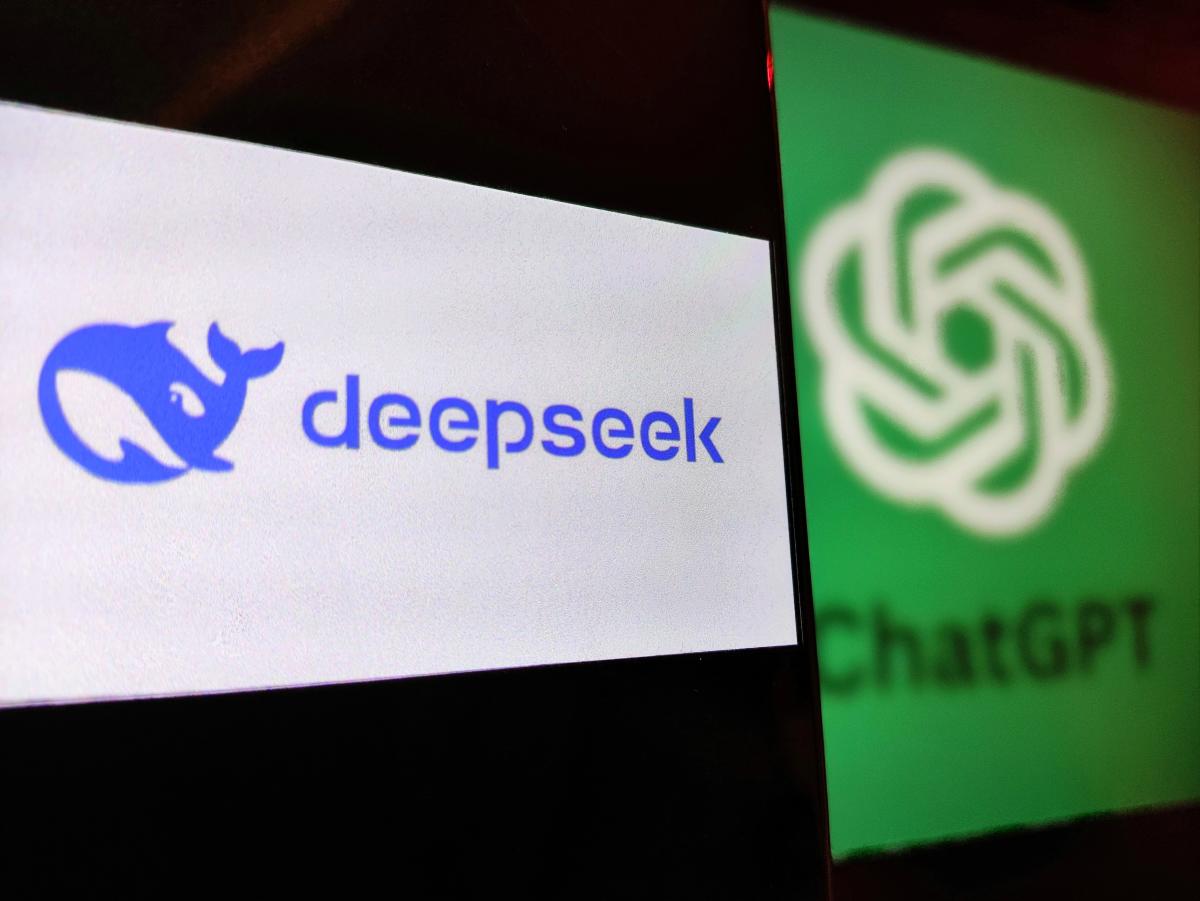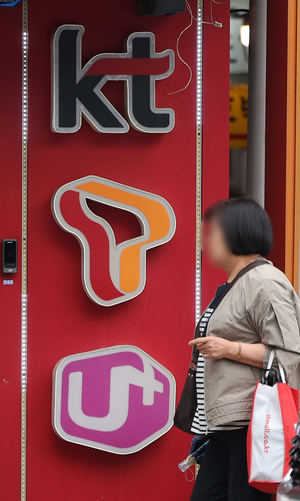For the second time in the last month, a Chinese app has skyrocketed to the top spot in Apple’s App Store.
The first was Xiaohongshu, or RedNote, which saw a sudden surge in downloads by United States users seeking an alternative to TikTok in anticipation of the ban on that app, which had been scheduled to take effect on Jan. 19.
Now it’s DeepSeek, a Chinese artificial intelligence company that released a new chatbot model called R1 on Jan. 20. The DeepSeek app has since climbed to the top of the Apple App charts, recording more than 1.6 million downloads since it launched on Jan. 10, according to the market tracker App Figures.
Trusted news and daily delights, right in your inbox
See for yourself — The Yodel is the go-to source for daily news, entertainment and feel-good stories.
DeepSeek announced Monday that it is temporarily restricting new users from signing up for its services, citing “large-scale malicious attacks.” But prior to that, the Chinese startup and its new chatbot seemed on track to surpass the popularity of U.S.-based AI companies such as OpenAI’s ChatGPT, Meta’s Llama and Google’s Gemini.
Here’s what to know.
What is DeepSeek?
DeepSeek was founded in May 2023, by leaders at the Chinese hedge fund, High-Flyer. The company launched its first AI model chatbot, R1, on Jan. 20.
In posts on X, fans of R1 have praised the chatbot’s responses as “human-like” and quick, praising the fact that the app is available for free and that users need not have coding experience to understand how to operate it.
Credit: Katie Mather/Yahoo News
What’s unique about DeepSeek’s R1?
In addition to its sudden popularity on the App Store, DeepSeek has attracted attention for its relatively small staff and budget, as compared with the sums American companies have spent on AI development. According to a report in the Wall Street Journal over the weekend, DeepSeek launched R1 with a team of less than 200 people and only spent $5.6 million to train its AI models.
By comparison, last week, Meta CEO Mark Zuckerberg said his social media conglomerate would invest between $60 billion and $65 billion in AI development this year. In 2024, Sam Altman, the CEO of OpenAI, said the tech industry would need to spend “trillions” on the computer chips used to power AI.
Like other Chinese platforms, there are signs of censorship on DeepSeek on certain topics that are considered sensitive in China, such as questions about the 1989 Tiananmen Square protests or China’s President Xi Jinping.
Credit: Katie Mather/Yahoo News
Credit: Katie Mather/Yahoo News
Is China seen as a threat to American AI?
DeepSeek’s success appears to challenge the idea that the U.S. controls the AI industry. Concerns about this potential threat to U.S. dominance in the field appeared to be reflected on Wall Street on Monday, with major declines in the stock prices of tech giants like Nvidia, Meta and Google’s parent company, Alphabet.
Read more about the stock market reaction from Yahoo Finance: AI-exposed power stocks get crushed as fears about DeepSeek trigger stock market sell-off
In the past, Washington has banned exporting higher-end technologies to China in hopes of stalling China’s advances in AI. A week before leaving office, former President Joe Biden’s administration proposed a new framework for restricting U.S. exports of AI computer chips, to prevent countries like China from accessing the advanced technology.
“If it’s China and not the United States determining the future of AI on the planet, I think that the stakes of that are just profound,” former White House national security adviser Jake Sullivan said at the time.
Trump has not yet publicly commented on DeepSeek. Although he did fight to reverse the ban on TikTok, he signed an executive order on AI to repeal any government policies that “act as barriers to American AI innovation” and, on Jan. 21, announced that his administration was closely working with the Oracle Corporation, OpenAI and SoftBank on his $500 billion AI venture, “Stargate.”


